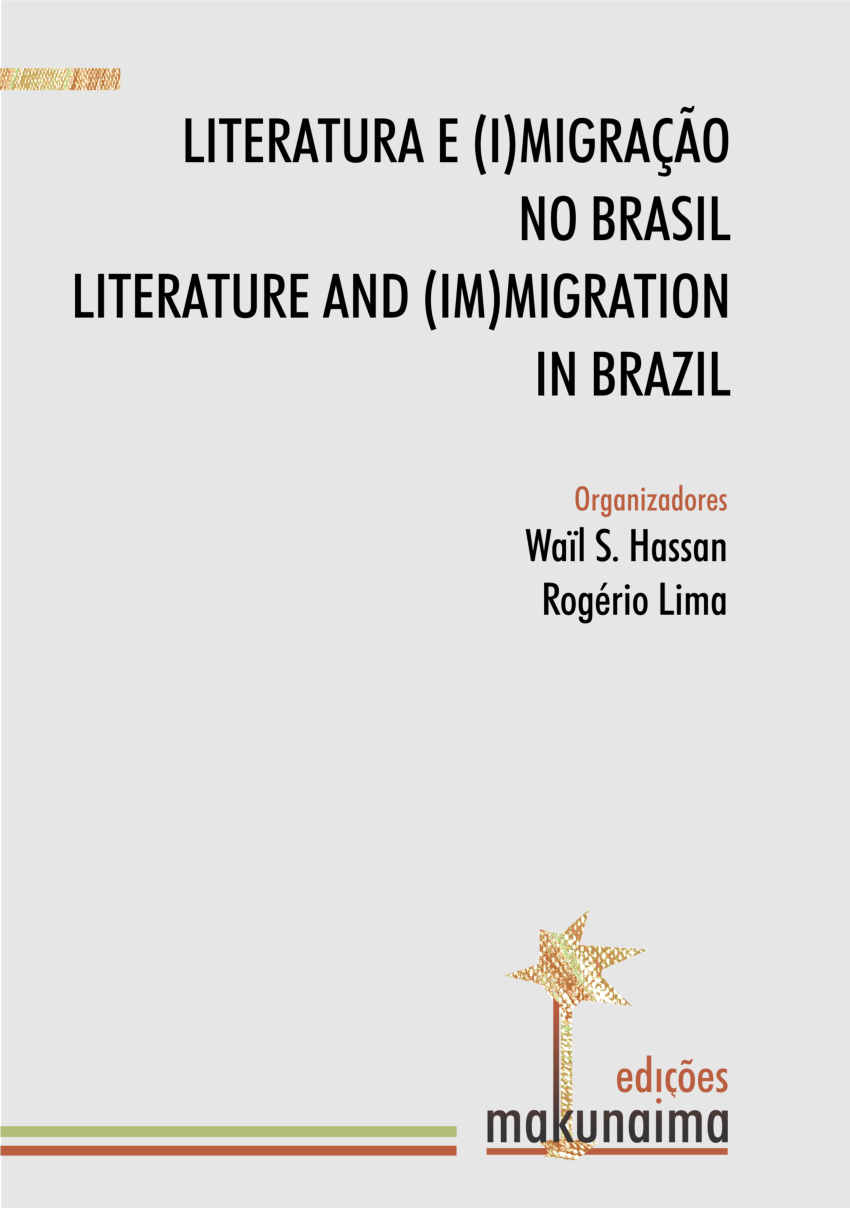
This volume is the fruit of a multi-year collaboration between the American Comparative Literature Association (ACLA) and the Brasilian Comparative Literature Association (ABRALIC). Panels and roundtables about the history of the discipline in each country, its institutional context and practices, and the geopolitics of comparison were organized at ACLA and ABRALIC annual conferences in 2018 (Los Angeles and Uberlândia) and 2019 (Washington, D.C. and Brasilia). In parallel with this institutional dialogue, the research interests of about a dozen or so members of both associations converged around the question of migration and immigration in Brazil, which became the theme of a three-day seminar convened by the editors, both former presidents of our respective associations, at the 2019 ACLA conference at Georgetown University. The animated discussions at those sessions were instrumental in revising the papers presented into full-length articles, with a view to continuing the dialogue with more colleagues from both countries at the 2020 conference in Chicago, then publishing a wide-ranging book that addresses, perhaps for the first time, as many aspects of this theme in Brazilian literature as possible. Although the 2020 conference in Chicago was canceled a few days before it was scheduled to take place because of the COVID-19 pandemic, a two-day seminar had already been organized, with more papers which have since then been revised and expanded. To further broaden the scope of the book, we invited a few additional papers from colleagues who had not taken part of the seminars.
I agree to the terms outlined below:
You agree to upload and assign Mosqpedia Database the rights to use the content worldwide and in perpetuity across all current and future media platforms. Mosqpedia Database may edit, copy, adapt and translate your contribution.
The content will be distributed under the Creative Commons Attribution-Deed – Attribution-NonCommercial-NoDerivatives 4.0 International – Creative Commons
All data will be stored in line with data protection regulations.